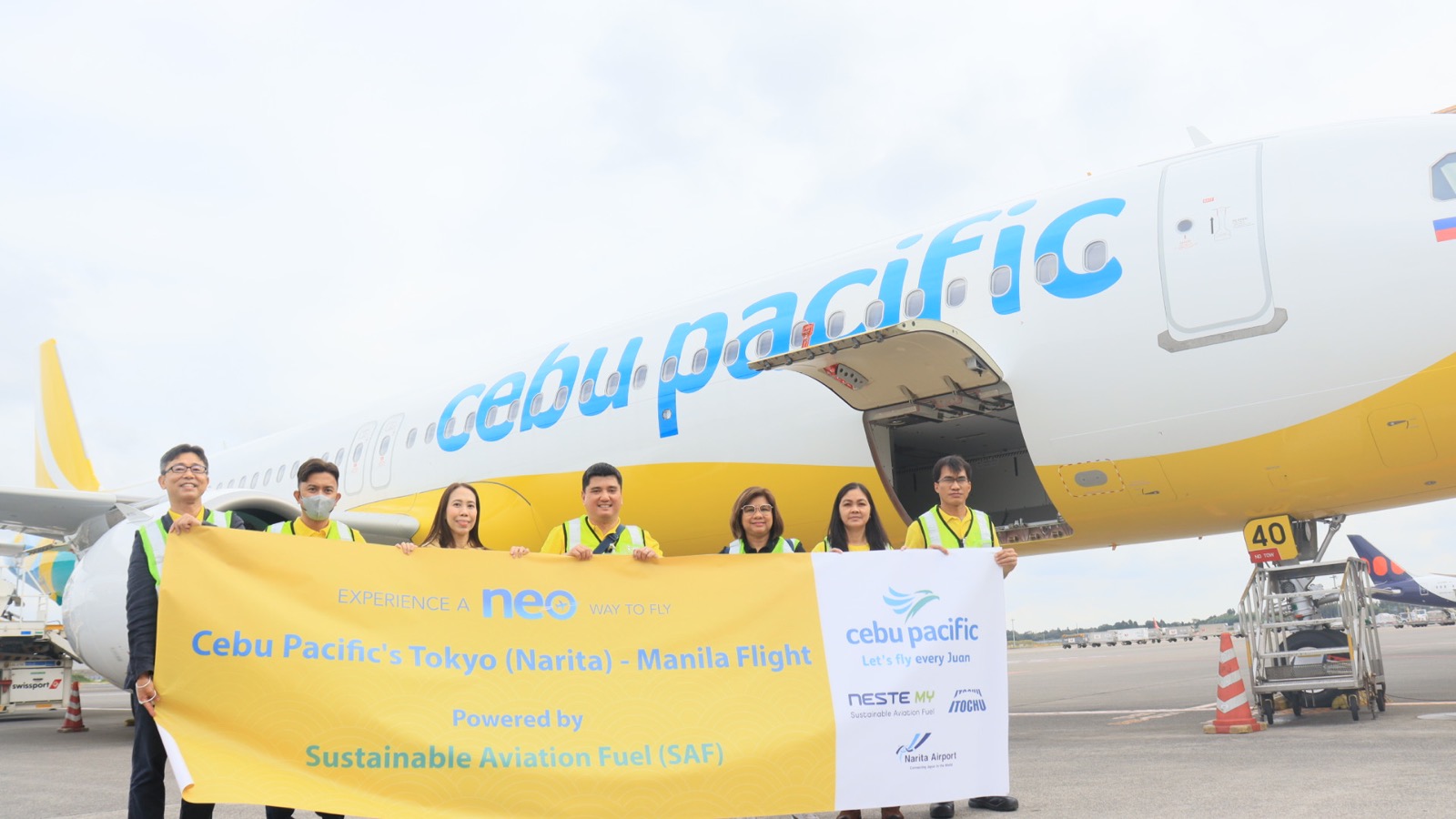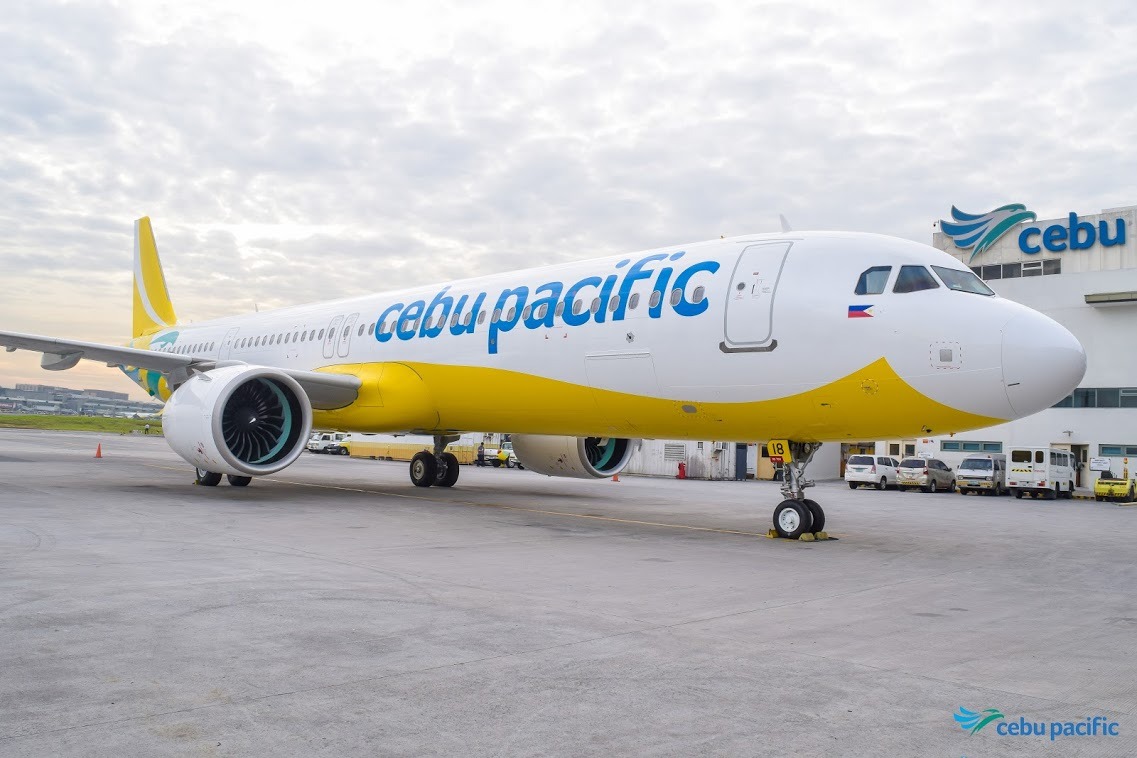Cebu Pacific, the Philippines’ top airline, is taking a significant role in promoting sustainable aviation and environmental protection. In line with the global sustainability trend highlighted at COP 28, Cebu Pacific’s efforts are showing how the Philippines is actively participating in protecting our planet, with support from organizations like UNICEF Philippines.
Cebu Pacific began its sustainability journey in 2018 with the “Juan Effect” program, encouraging responsible travel among passengers. They also replaced plastic utensils on their flights with eco-friendly alternatives, reducing in-flight waste. In 2020, they started using solar panels for clean energy, aiming to source 20% of their electricity from renewables.
In 2021, Cebu Pacific took sustainability to new heights by flying tons of humanitarian aid for free and distributing millions of COVID-19 vaccine doses. They improved fuel efficiency, cutting CO2 emissions. Their partnership with the Ramon Aboitiz Foundation supported local communities.
Cebu Pacific also reaffirmed its commitment to sustainability by modernizing its fleet and reducing CO2 emissions per passenger. They also transitioned to all-electric ground support equipment (GSE).

To top all of their sustainability efforts, Cebu Pacific also made history by becoming the first Philippine airline to use sustainable aviation fuel (SAF) in its commercial flights. They aim to use SAF across all flights by 2030, reducing their environmental impact. Their commitment is backed by a partnership with Neste, a leading SAF producer.

Cebu Pacific’s efforts in sustainable aviation highlight the Philippines’ active role in global sustainability. As the world discusses climate change at COP 28, Cebu Pacific stands as an example of how a determined, innovative, and collaborative approach can protect our planet.




